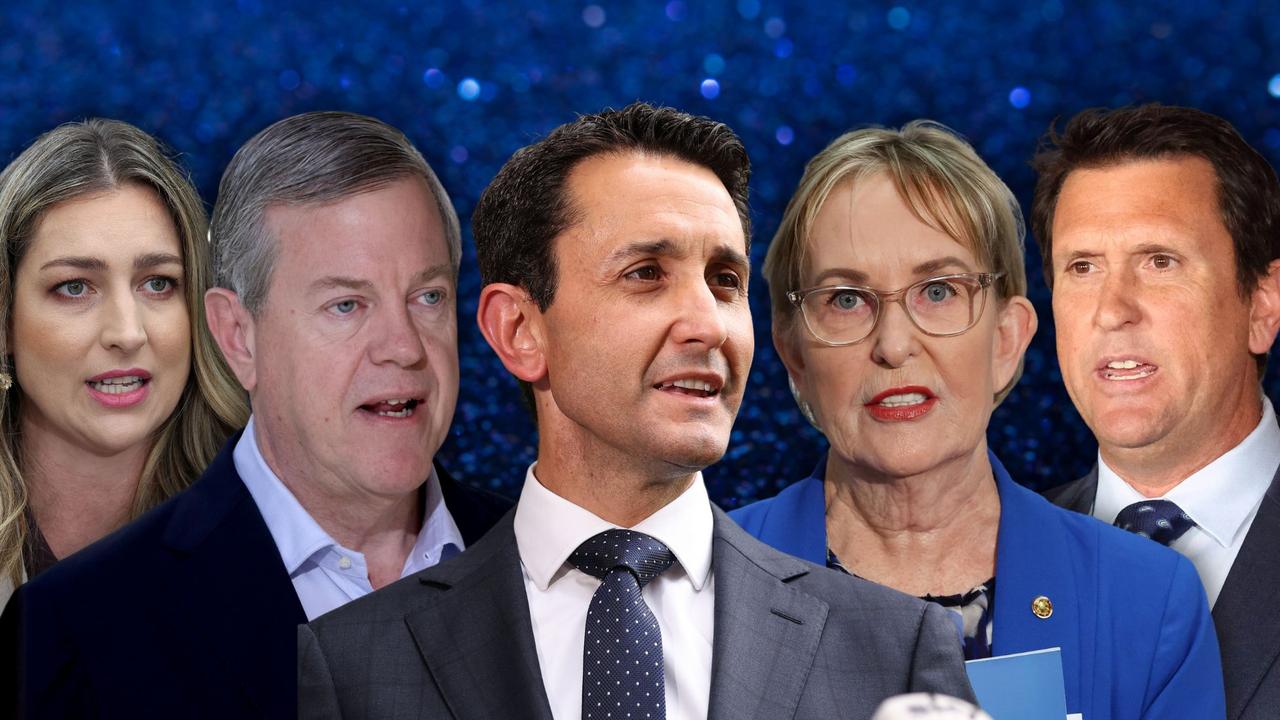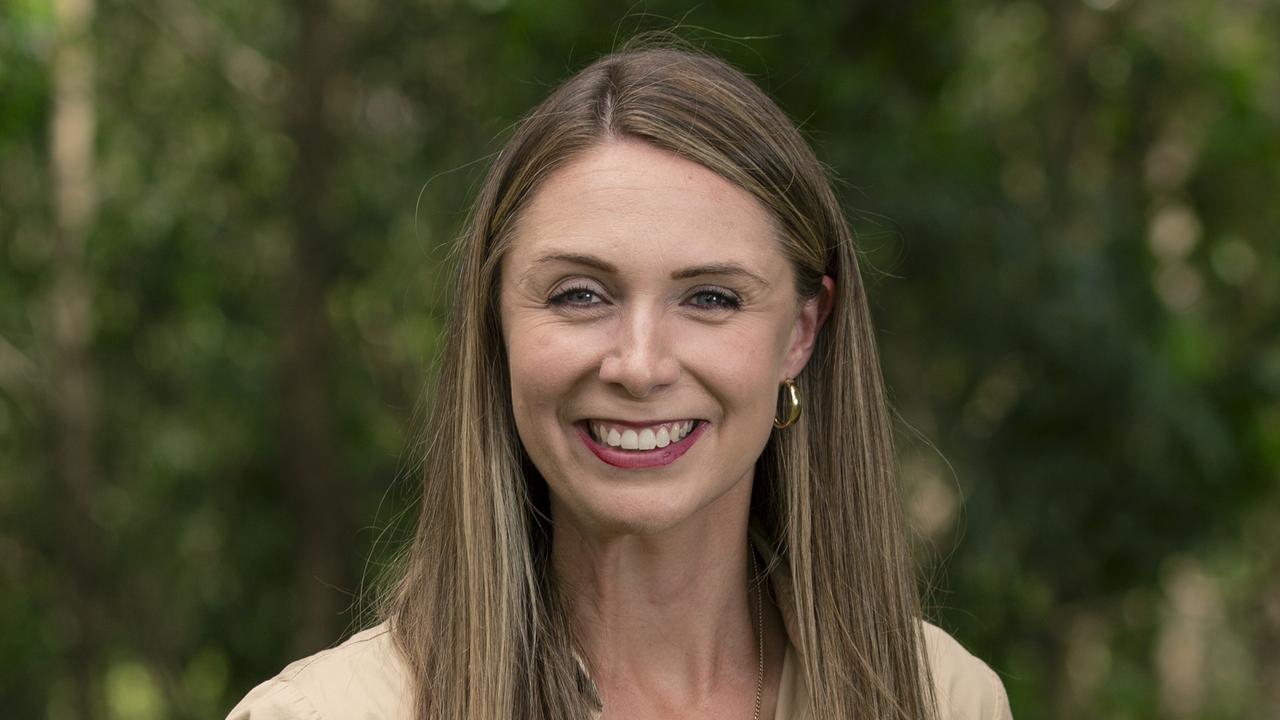Queensland State Election: Gold Coast seats determine who wins and loses in government
The Gold Coast has played a key role in deciding who wields power in Queensland, with some seats swinging wildly between the two major parties.

QLD Votes
Don't miss out on the headlines from QLD Votes. Followed categories will be added to My News.
QUEENSLANDERS go to the polls on Saturday to vote for the next State Government.
Gold Coast seats are expected to play a key role in determining whether Labor will continue in office or if the LNP will return to power after five years in the wilderness.
In the past 40 years the Glitter Strip’s voters have wildly swung between which side of politics they support, with several particularly notable moments.
FLASHBACK: GOLD COAST’S LONG HISTORY OF WEIRD BY-ELECTIONS
THE 1989 ELECTION
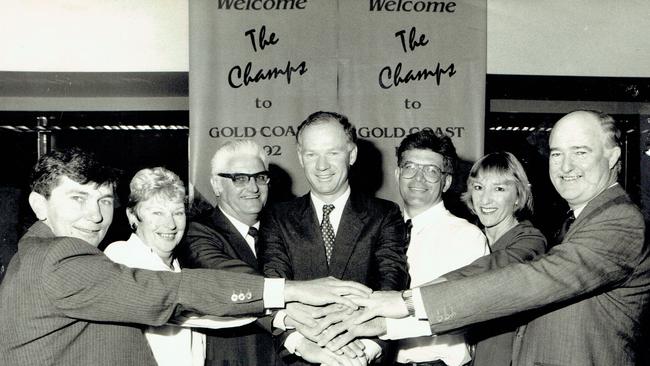
The National Party Government which dominated politics for more than 30 years finally came to an end on December 2, 1989 when Labor, then led by Wayne Goss, won a crushing victory and consigning the Bjelke-Petersen era to history.
Labor’s John Szczerbanik won the northern seat of Albert, the first non-conservative to be elected since the early 1970s.
The institutional corruption of the Bjelke-Petersen Government, which had been uncovered during the Fitzgerald Inquiry, shook the city’s long-standing status as Nationals heartland, something both Labor and the Liberal Party began to take advantage of.
Mr Szczerbanik only lasted two terms in parliament but his election marked a shift in Gold Coast politics.
THE 1992 ELECTION
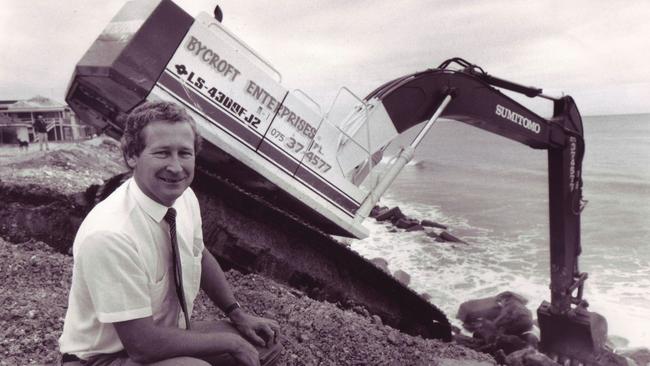
Trevor Coomber was a long-serving Gold Coast councillor who was elected as the Liberal Party’s Currumbin MP in 1989.
But three years later, as the Coalition fell apart, he abandoned his electorate to run in Surfers Paradise against Opposition Leader and Nationals icon Rob Borbidge.
Mr Coomber’s electoral hopes were crushed by a strong Nationals campaign but his exit from Currumbin saw Labor’s Merri Rose win the seat.
THE 2001 ELECTION
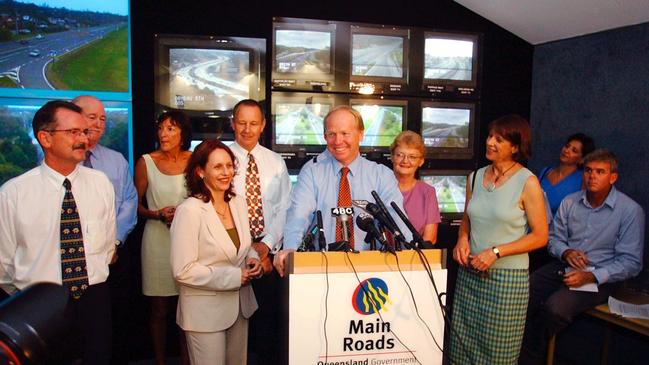
Labor’s Peter Beattie won the 1998 election and had governed with a hung parliament before facing the voters again in early 2001.
The Coalition was confident it would be able to capitalise on the multiple scandals which had beset the Beattie Government, however voters felt differently.
Labor’s landslide victory saw the conservatives lose every Gold Coast seat except Robina, held by Bob Quinn and Mr Borbidge’s Surfers Paradise.
Mr Beattie dubbed his new Gold Coast team “The Magnificent Seven”.
Mr Borbidge, fed up after losing the election, immediately resigned from parliament, triggering a by-election won by independent and former Gold Coast mayor Lex Bell.
Labor remained the dominant force in Gold Coast state politics for more than a decade.
THE 2006 GAVEN BY-ELECTION
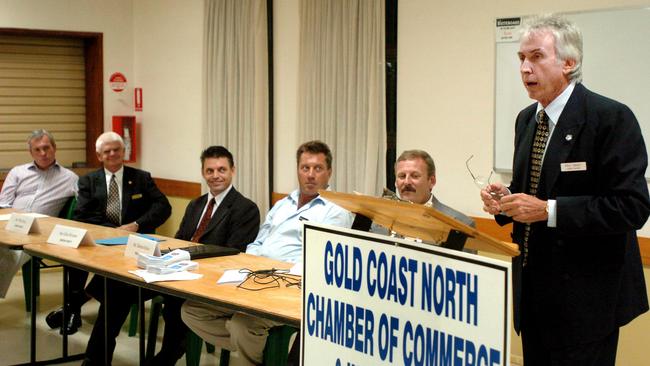
Gaven MP Robert Poole found himself in hot water in 2006 when it was revealed he had rarely been in his electorate, having spent a significant period of the previous parliamentary term living in Thailand.
He soon resigned after being publicly criticised by Mr Beattie.
During the subsequent by-election, the National Party’s Dr Alex Douglas won the seat, only to be turfed out of parliament four months later when Labor won it back at the September 2006 election.
THE 2012 ELECTION
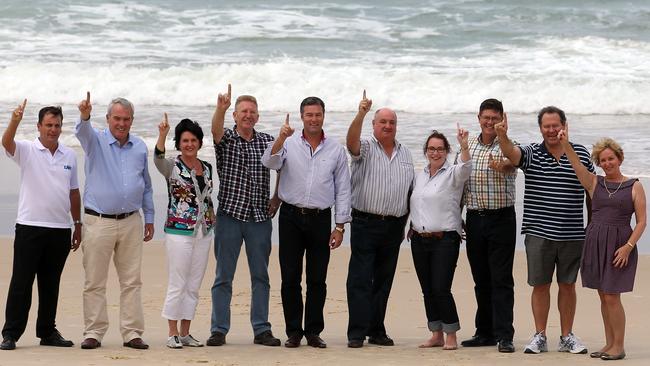
By March 2012 Labor had been in power for 14 years and had gradually seen its Gold Coast vote decline as more Liberal MPs were elected.
Now led by Premier Anna Bligh, the long years in power and many long-running scandals saw voters abandon Labor for the new LNP, led by Campbell Newman.
Despite many of its long-serving MPs being well-regarded, the public’s desire for change was so great that the LNP swept the city’s 10 seats, securing the largest parliamentary majority in Australian history.
It was an astonishing victory.
But the unity didn’t last, with then-Gaven MP Dr Alex Douglas splitting with the LNP less than a year into his term, switching between minor parties and sitting as an independent before losing his seat in 2015.


